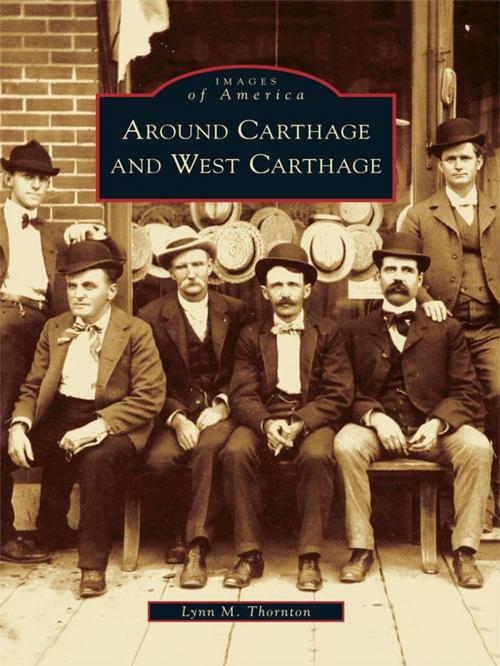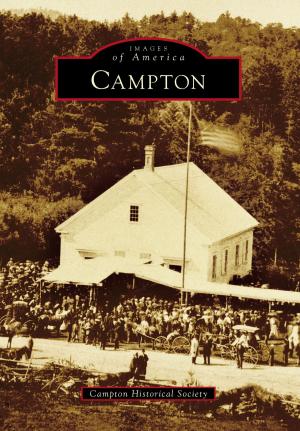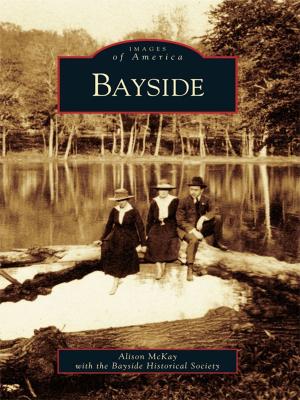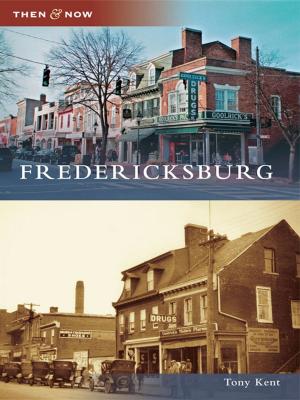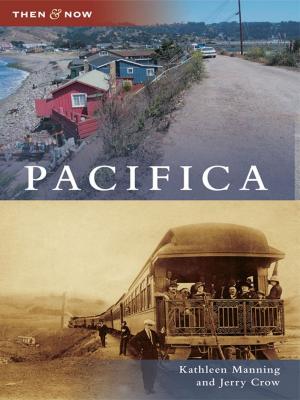Around Carthage and West Carthage
Nonfiction, Travel, Pictorials, Art & Architecture, Photography, History| Author: | Lynn M. Thornton | ISBN: | 9781439620373 |
| Publisher: | Arcadia Publishing Inc. | Publication: | June 16, 2008 |
| Imprint: | Arcadia Publishing | Language: | English |
| Author: | Lynn M. Thornton |
| ISBN: | 9781439620373 |
| Publisher: | Arcadia Publishing Inc. |
| Publication: | June 16, 2008 |
| Imprint: | Arcadia Publishing |
| Language: | English |
Early settlers followed the Black River up to Long Falls, the present site of Carthage and West Carthage, where they found fertile land and dense forests along the rushing waters. The river ran between the two villages and gave life to the young communities. Many industries, dependent on the waterpower, were established along the lower eastern bank, with businessmen settling on the highlands of the west bank. Mills sprang up where blinds, lumber, and furniture were manufactured, and planning mills, tanneries, and pulp mills flourished. After a devastating fire, which destroyed mills on both sides of the river, the focus of industry moved almost entirely to pulp and paper. By the early 20th century, the industry ushered in a golden age for the Twin Villages.
Early settlers followed the Black River up to Long Falls, the present site of Carthage and West Carthage, where they found fertile land and dense forests along the rushing waters. The river ran between the two villages and gave life to the young communities. Many industries, dependent on the waterpower, were established along the lower eastern bank, with businessmen settling on the highlands of the west bank. Mills sprang up where blinds, lumber, and furniture were manufactured, and planning mills, tanneries, and pulp mills flourished. After a devastating fire, which destroyed mills on both sides of the river, the focus of industry moved almost entirely to pulp and paper. By the early 20th century, the industry ushered in a golden age for the Twin Villages.
